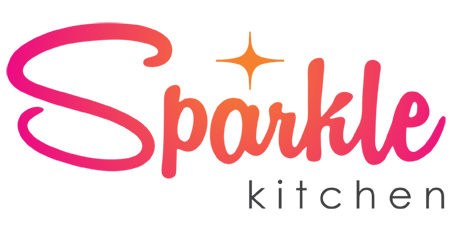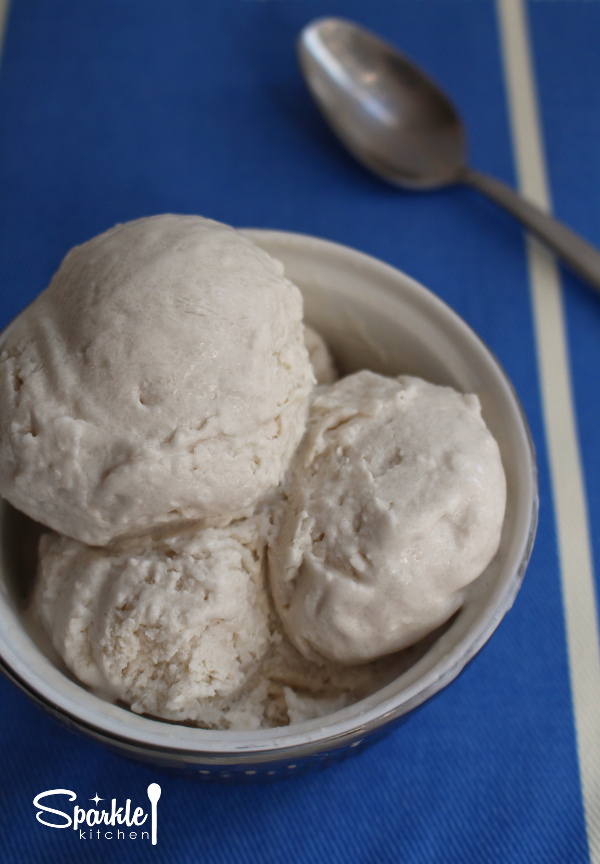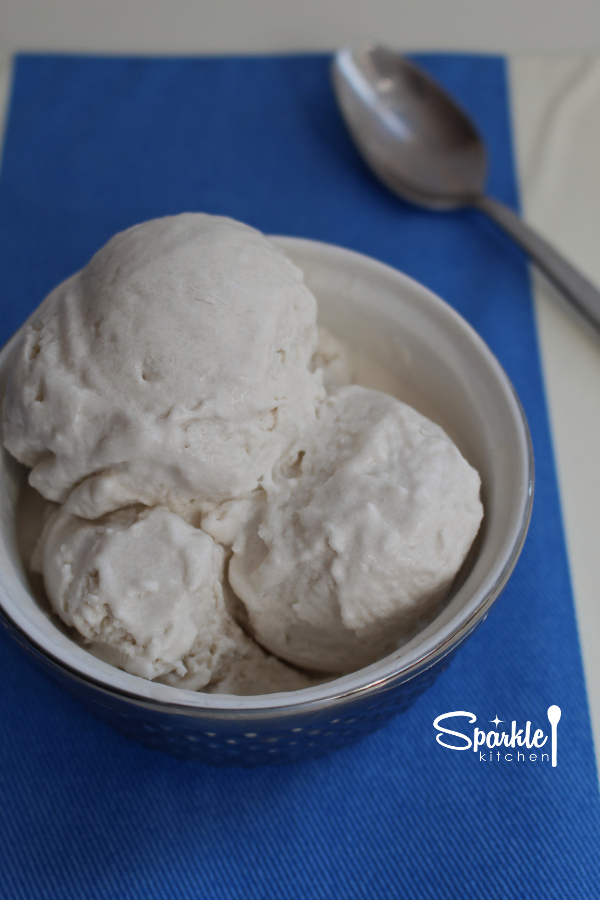I asked my friend, Kelsey, to share her insight into how you go about selecting a health coach. This can be a completely overwhelming process so read through her list to get some fabulous tips.
Kelsey Albers is a Certified Health Coach and owner of Ignite. Nourish. Thrive. Health Coaching. Trained in holistic nutrition from the Institute for Integrative Nutrition, Kelsey helps people dedicated to a healthy lifestyle achieve their personal goals. Her programs include online personal or small group coaching, as well as workshops, seminars, and group challenges. Kelsey is also the self-published author of Fuel, the eBook about harnessing the power of real food to achieve the body and performance you want. Kelsey lives just outside of St. Louis with her husband and four fur babies, and loves all things barbell, cooking and eating, and long walks in the woods. Find out more or contact her at ignitenourishthrive.com
The world of health and fitness is rapidly changing. Thanks to the internet, we are seeing a grass-roots movement bucking traditional “diets” and “exercise” and replacing them with “lifestyles” and “natural movement.” But there is so much information available! Coupled with the concept of Bio-Individuality (the belief that what works for one person will not work for another), it can all be very confusing.
Enter the emerging field of Health Coaches. In response to our ever increasing obesity and health epidemic, these coaches will help sort through the hype and find a plan to work for the individual. But what is a Health Coach, exactly?
Since laws pertaining to nutrition advice vary state by state, it’s nearly impossible to give a hard and fast definition. But as a general rule, I would say a Health Coach is to a Registered Dietitian (RD) as a Personal Trainer is to a Physical Therapist (PT). RDs and PTs are diagnostic and prescriptive. Health Coaches and Personal Trainers are lifestyle and strategy focused.
It’s important to note that there are many names for a Health Coach- Nutrition Consultant, Nutrition Coach, Holistic Lifestyle Coach, and so on and so forth. For the sake of ease and consistency in this article, I will be using the term Health Coach.
If you think that you may need to services of a Health Coach, but are unsure of what to even look for, this post is for you. Leaning on my own experiences, both as a consumer and a practicing Health Coach, I’ve put together seven things to consider when working with a Health Coach.
How to find a Good Coach
1. Education: One of the most important factors, in my opinion, to finding a good Nutrition Coach is to find one that has been educated by an independent organization. Some well-reviewed and respected organizations include The Nutritional Therapy Association (NTA), Institute for Integrative Nutrition (IIN), Precision Nutrition (PN), and Bowman College. It is important to note that there are no laws prohibiting someone with no education to call themselves a health/nutrition coach. Compare this to a Medical Doctor, Registered Dietician, or even a Lawyer, because if you need a lawyer you can go this Source online to find great resources for this. It would be illegal to impersonate any of these professions. Be sure to ask this question implicitly when interviewing a Coach.
What you need to be cautious of are Nutrition Coaches certified by a supplement brand. It is very common for supplement companies to certify their own sales force in nutrition. This includes supplement storefronts, but also Network Marketing companies and endorsed spokespeople. But consider the potential conflict of interest here. No matter what your unique goals and genetic make-up, there will assuredly be a product for you. And like I always say, when all you have is a hammer, everything looks like a nail.
Now, this isn’t to say that someone without a specific education or who works for a supplement company cannot be a good Health Coach. It is entirely possible to be self-educated, and in fact I feel like some of the biggest and brightest voices in the world of nutrition have no formal nutrition education. You just have to practice discernment here.
2. Being a Coach: We also have to consider the role of a coach. Think back to some of the best sports coaches you’ve had, or maybe you’ve watched from afar. These coaches give their athletes what they need- they give them practice drills, feedback on game-time performance, and motivation when needed. They do not get out on the floor and dribble the ball for the player.
A health coach should give you the tools you need to be successful, but it will be up to you to put the pieces together and make it fit into your life. Look for people who understand this. Too much or too little hand holding will be ineffective.
Expectations from your Coach
3.Coaching Styles: Every coach has a different style and you should find a style that works for you. Some coaches will be very assertive and some will be very hands off. There is no right or wrong way, but this is something that you should figure out during an initial consult.
Not all coaches offer an initial consult (I still do), but either way you are well within your rights as a consumer to expect some sort of summary of the program- whether it be written or in person. I do, however, believe that you will be more successful if you can meet with your coach prior to committing to ensure you have personalities that jive.
A good coach will coach to their strengths. For example, some coaches check in with you DAILY. You send them data (weight, food journal, etc) and they will send you feedback. They have a personality that lends to an assertive coaching style. When I coach my clients, I play to the long game- how did they do throughout the week as a whole? That fits my personality and makes me more effective.
It is advantageous to figure out how you would like to be coached and find a coach to meet that style. If you’re unsure of how you want to be coached, this is where the initial consult is beneficial. Once you’ve found a good coach, be sure you understand what they offer and be sure you make the most of it.
4. Lifestyle Adjustments: Do you have a family? Do you have a demanding job? Do you have a group of unrelenting friends who always seem to be boozing? These are factors your coach should be helping you with. That doesn’t mean you can keep using these issues as an excuse, but it DOES mean your Coach should work with you to find solutions and strategies. Beware of Health Coaches that are just going to send you a stock meal plan with no conversation or strategies. That is not a coach, and there are thousands of website where you can get the same information for a nominal fee or FREE.
5. Feedback: Your coach has to be willing to accept feedback. This goes back to bio-individuality. Just because something worked for one client does not mean that it will work for another. Your coach should be able to take this feedback and provide tips and tricks to help you reach your goals. Just remember that you are on the initiating end of this. If you are not giving your coach feedback throughout the process, you are missing out. It is my belief that this relationship should be a partnership.
Expectations of Yourself
6. Using the Gift: Let’s say I bought you a gift… maybe a sweet new pair of kicks or gorgeous pearl earrings (I looooove pearl earrings). I gave it to you in a nicely wrapped package, you take it home, and it sits in your closet for the next 6 months. It is always possible to accept a gift, but never use it. And then it does you no good. I have several ideas for baby showers, so sit back, relax, and scroll on to find the perfect unique baby shower gifts available online.
When you decide it’s time to work with a Nutrition Coach, you have to be ready to not only accept the gift he or she will give you, but commit to new habits. While a good coach will work within your lifestyle (family, job, taste buds), expecting to not change a single thing about yourself is not only short-sighted, but unrealistic. I’m sure you’ve heard the saying “if you always do what you’ve always done, you’ll always get what you’ve always got.”
7. Expectations: Creating healthy habits takes time and dedication. And it’s really uncomfortable in the beginning. Expect to be uncomfortable- that means you’re growing. Expect it to take more time- it means you’re learning. And expect your level of commitment to increase- that means you’re greasing the grooves for long lasting habits. I promise you it gets easier. Your new normal will become your old normal.
And remember to practice self-forgiveness. This goes for most of your life, but especially when making major changes to your wellness routine. We all start from different places, chose different paths, and have different outcomes. Plus, what’s the fun in taking someone else’s journey?
You will stumble along the way. It takes years of unhealthy habits to create bodies and illnesses we feel need improvement. It will likely take you more than one month to reverse all of that. Give it time. Learn from your mistakes. Forge on.
So all of this is good and well, but how do you physically find a Health Coach?
My advice is to ask people in the health and wellness industry for a referral. This includes personal trainers, chiropractors, gym owners, RDs, PTs, even your medical doctor. Most of these professions network with other people in the field and will probably be able to get you started.
Of course you can always do a Google search, but I always prefer asking for a referral for most service based businesses. And hey, since I’ve had your attention for this entire article, you can always contact me for a virtual consult.
What do you think? Is a Health Coach for you? Have you had experiences that differ than what I’ve described? Share in the comments!





